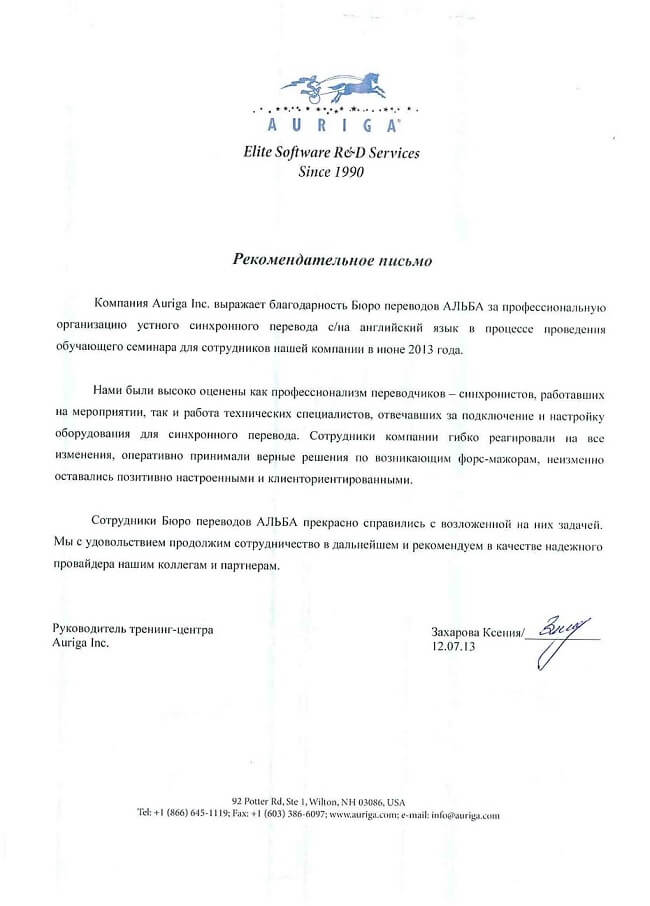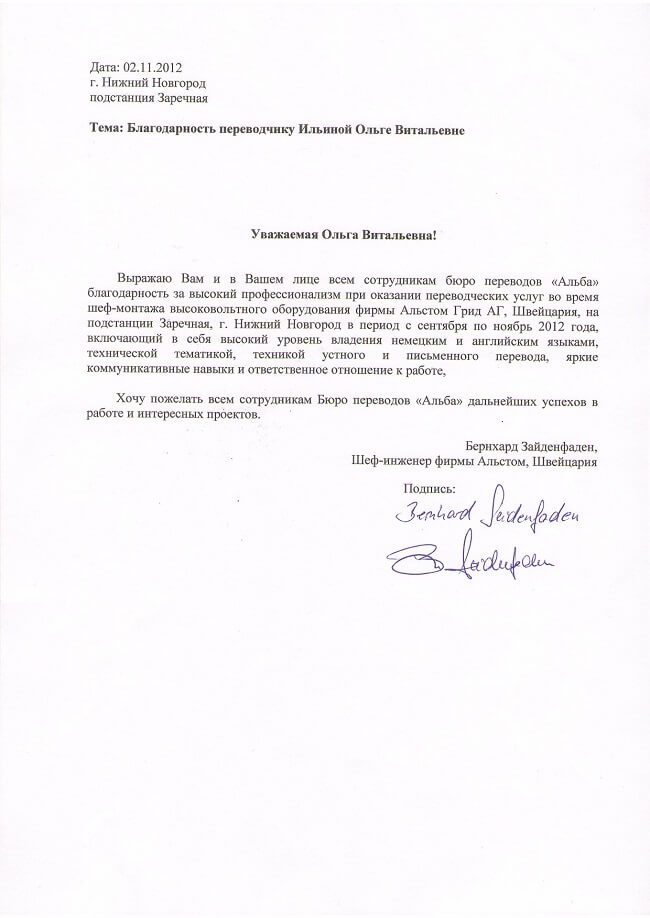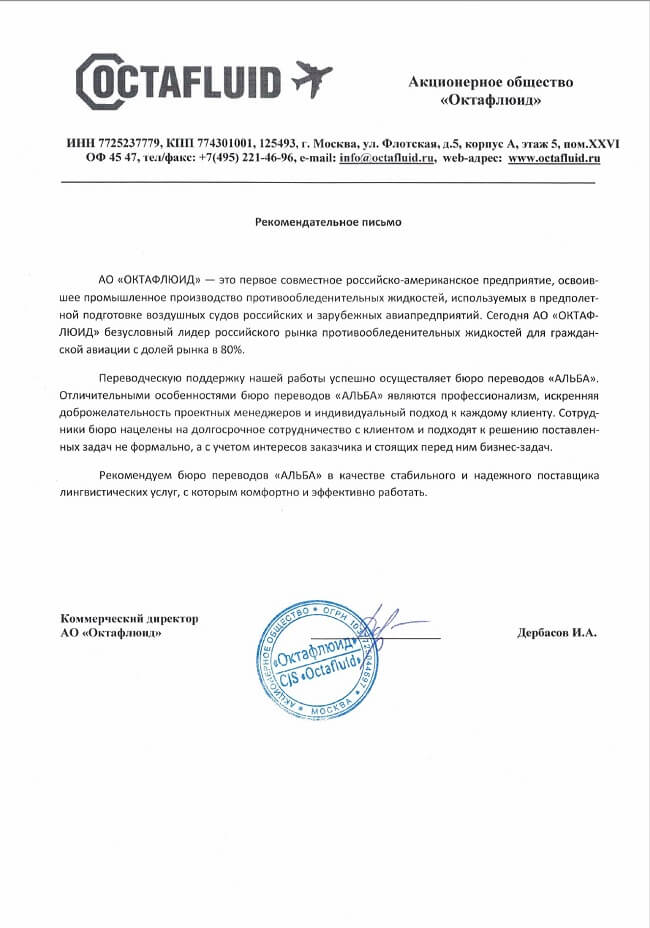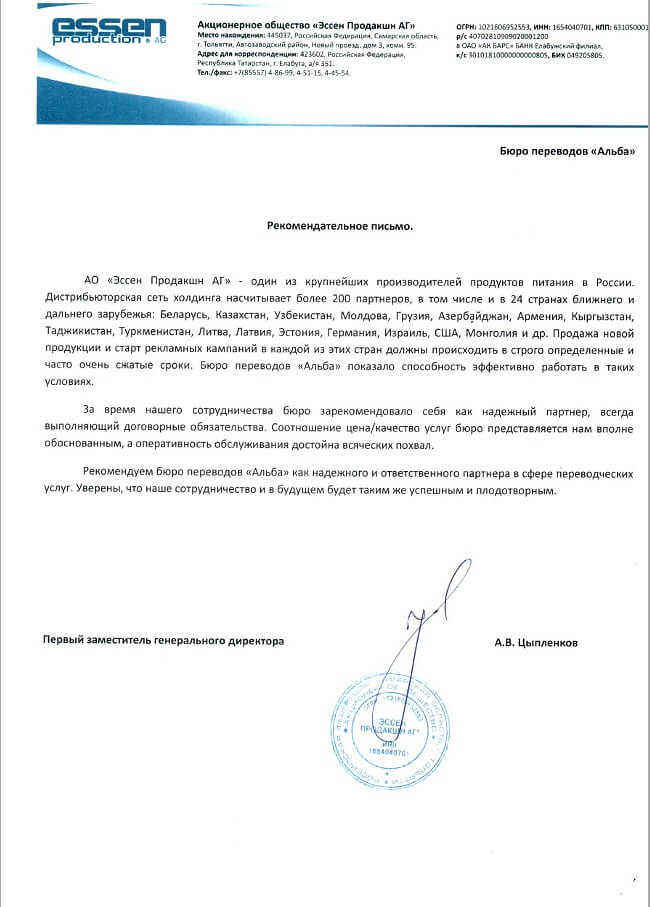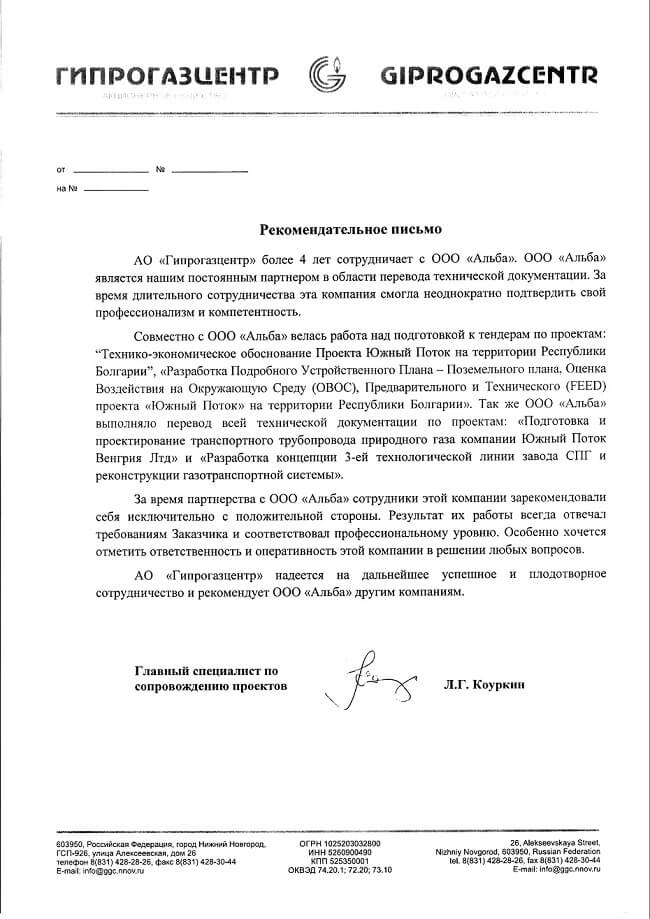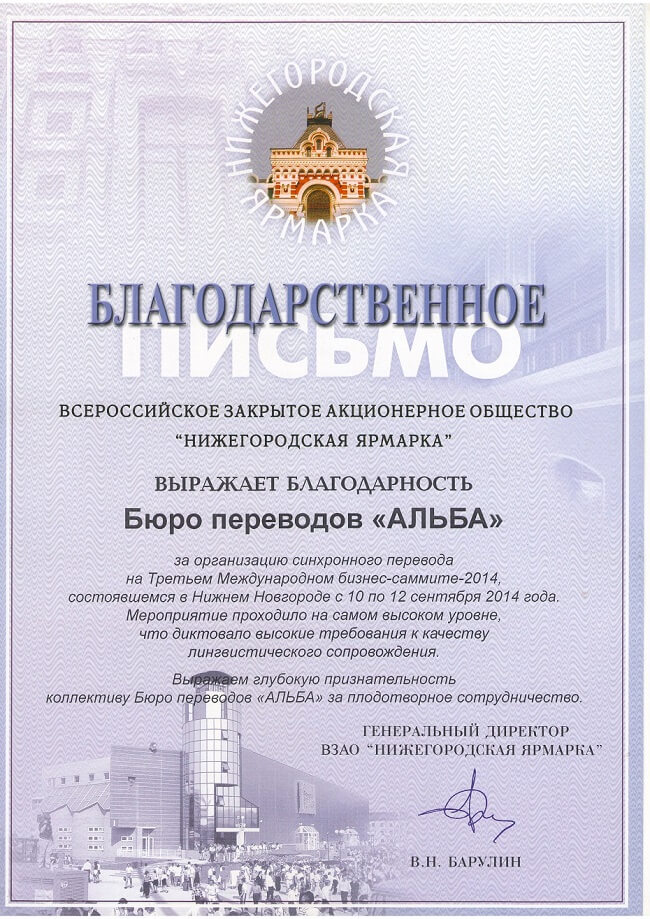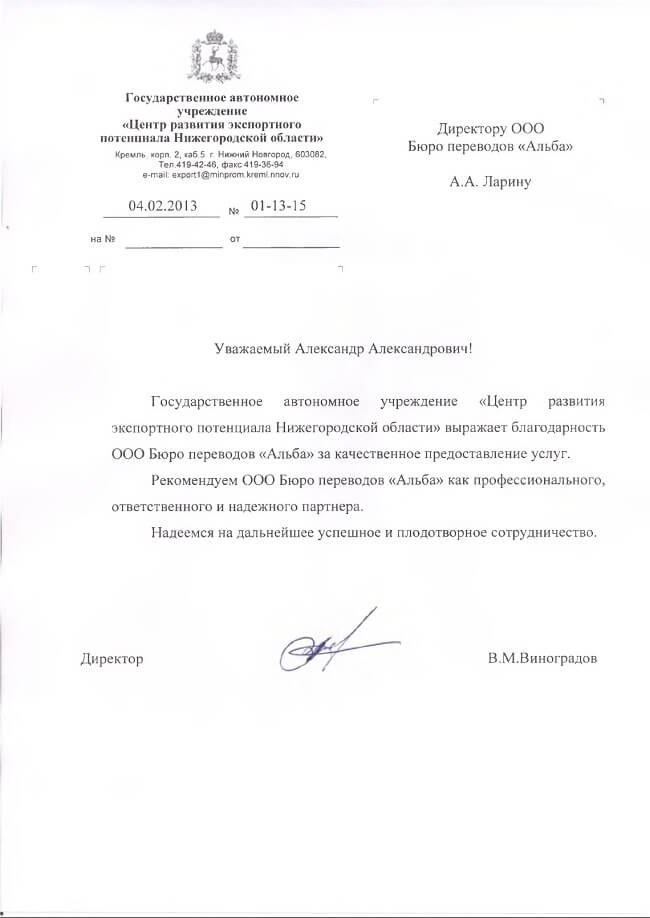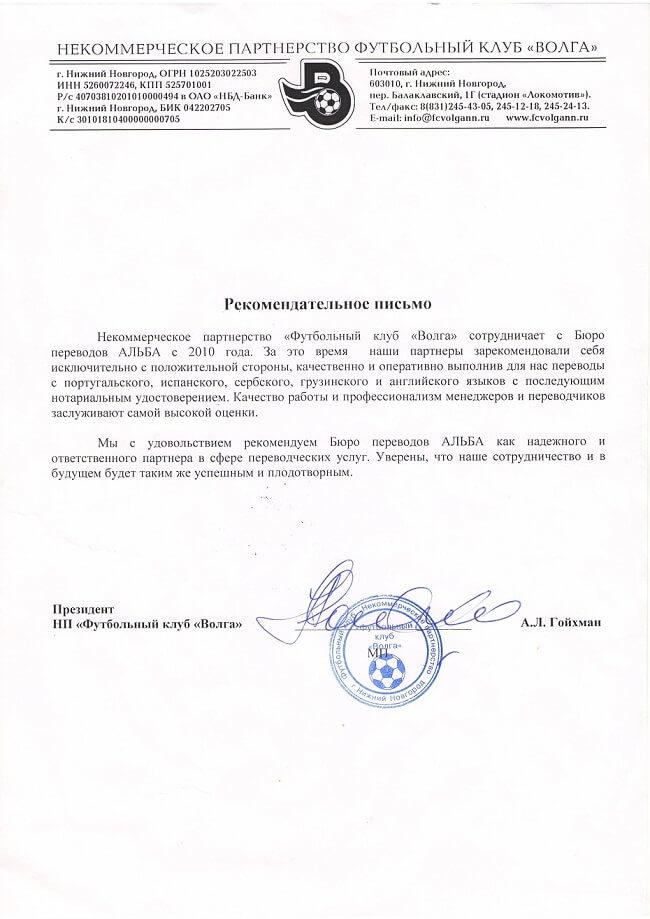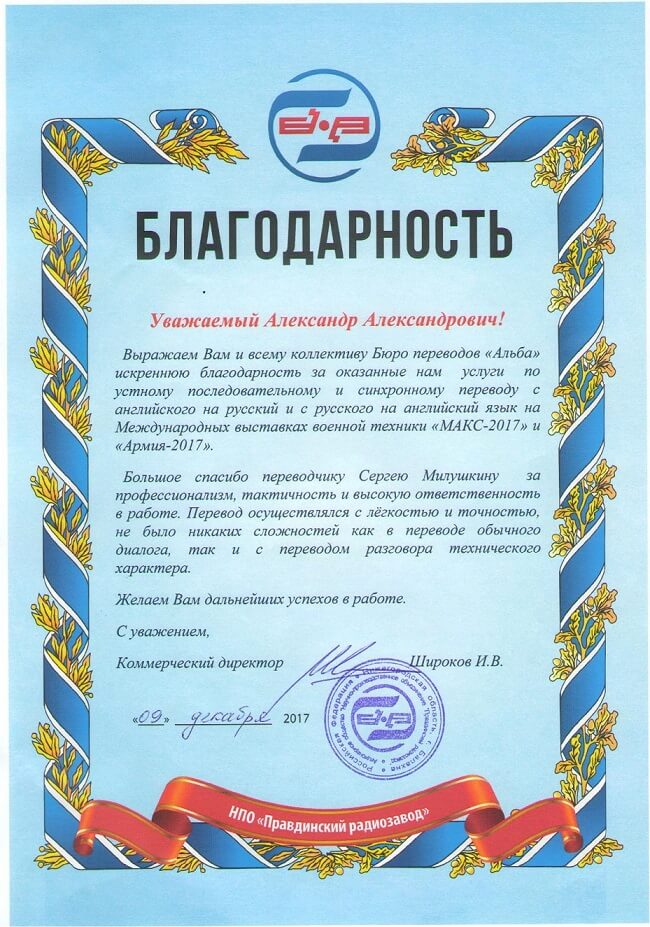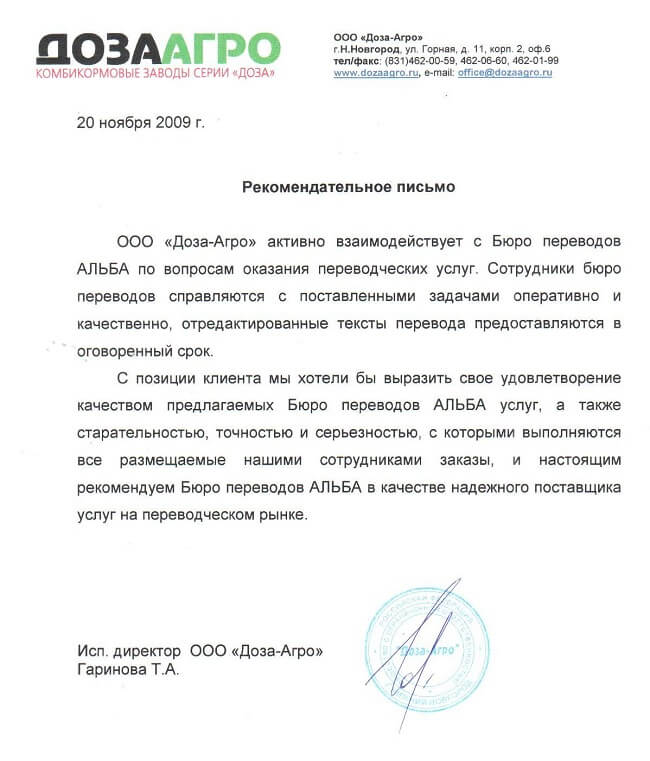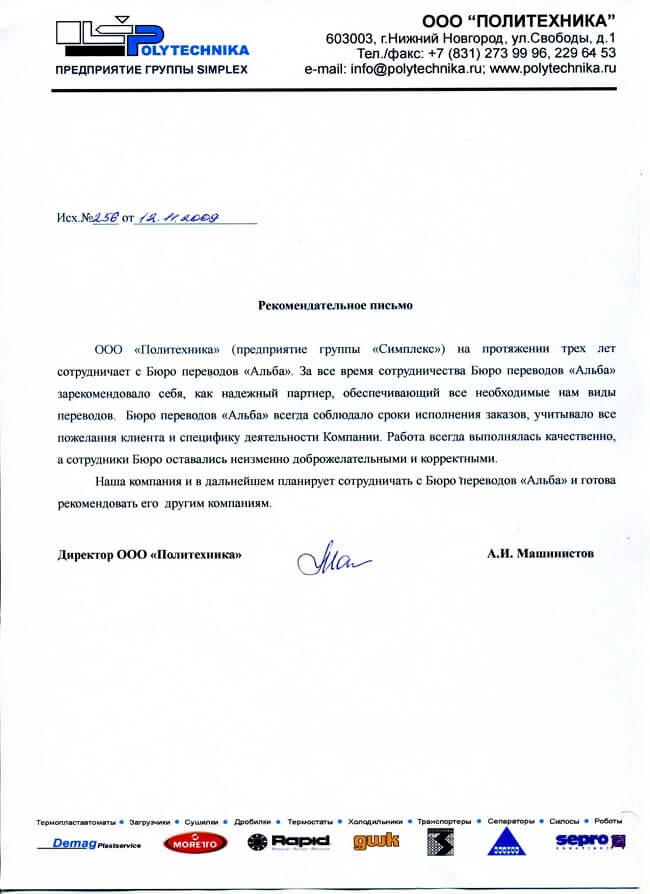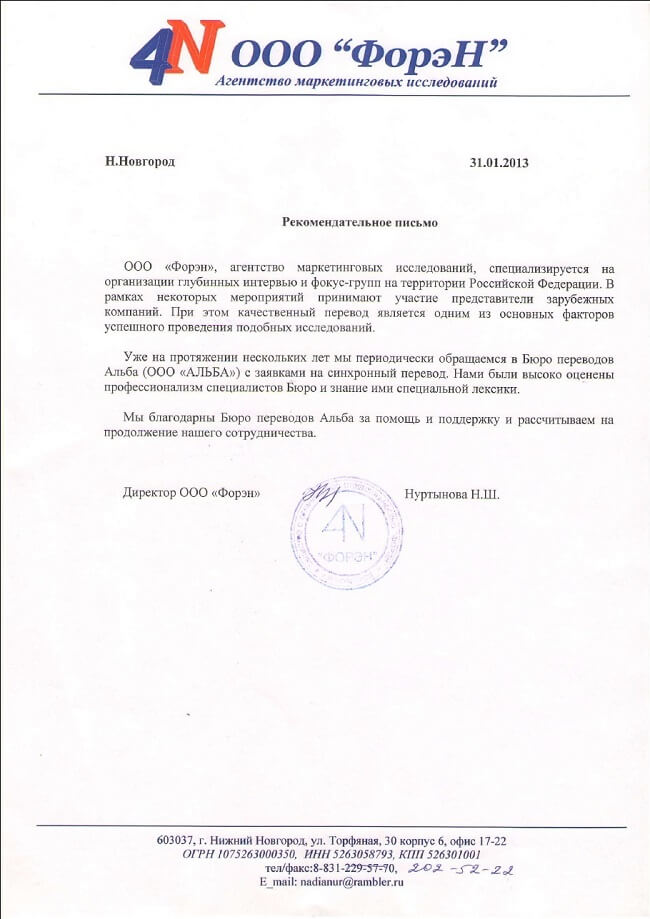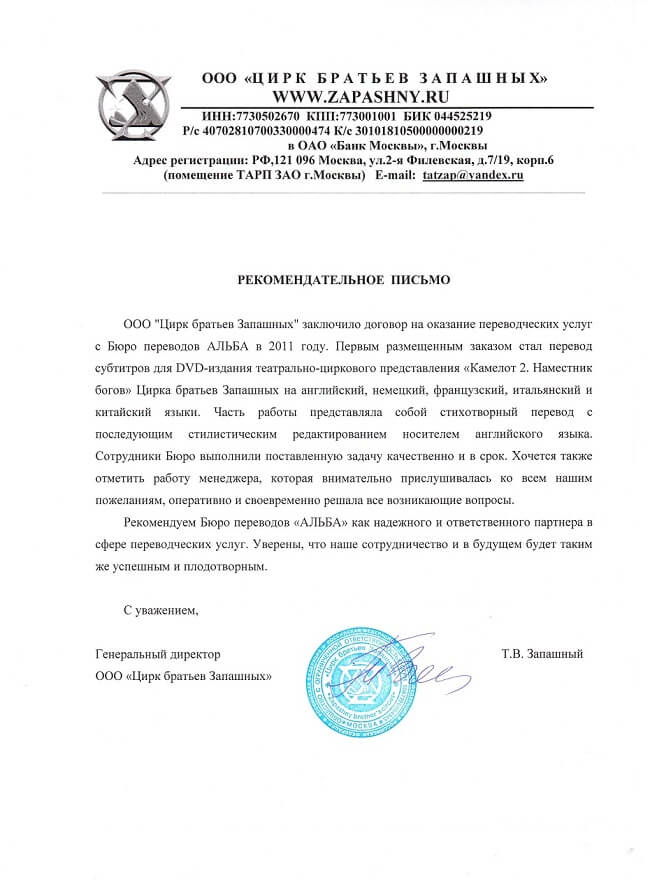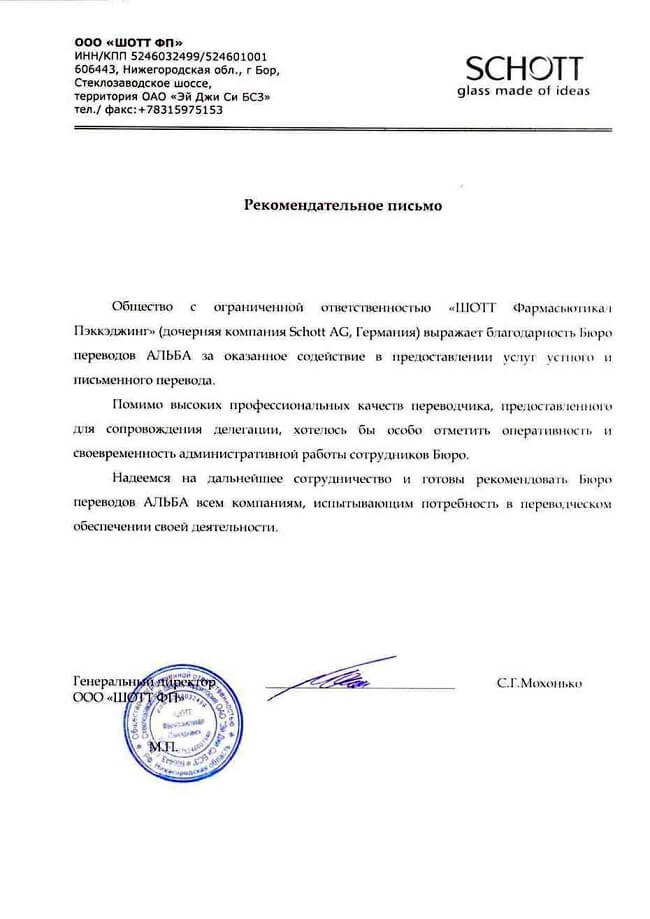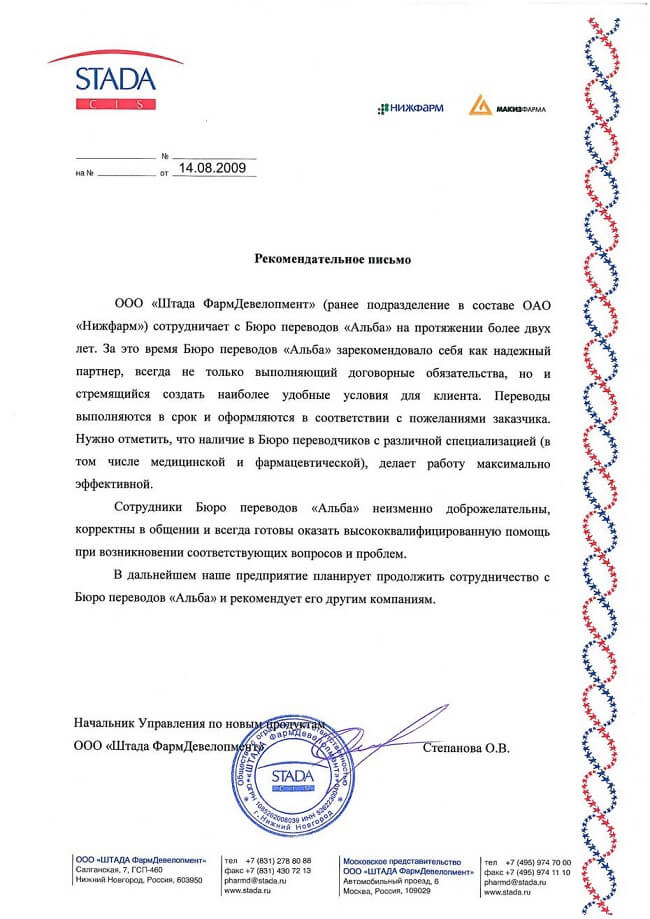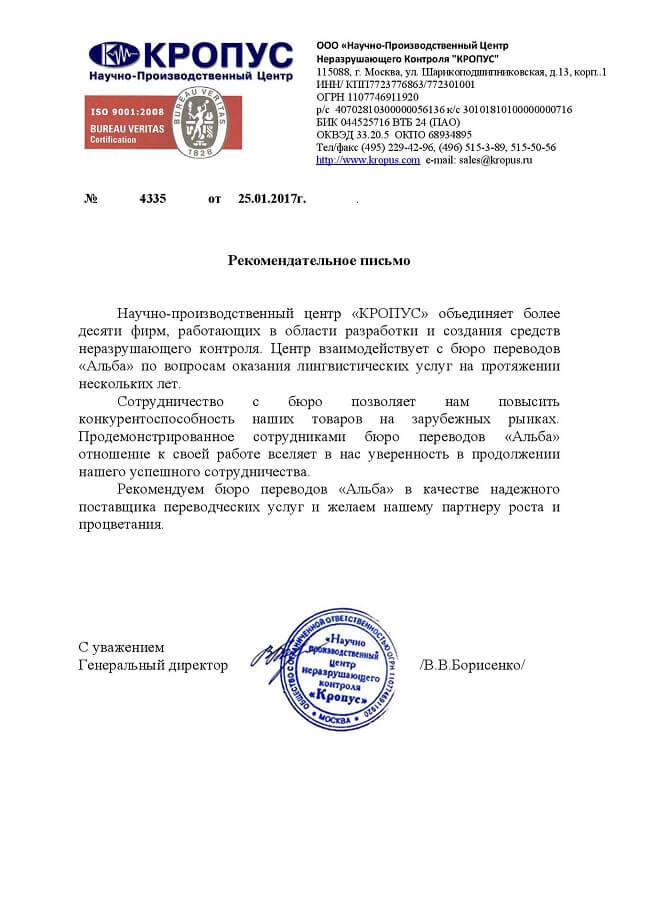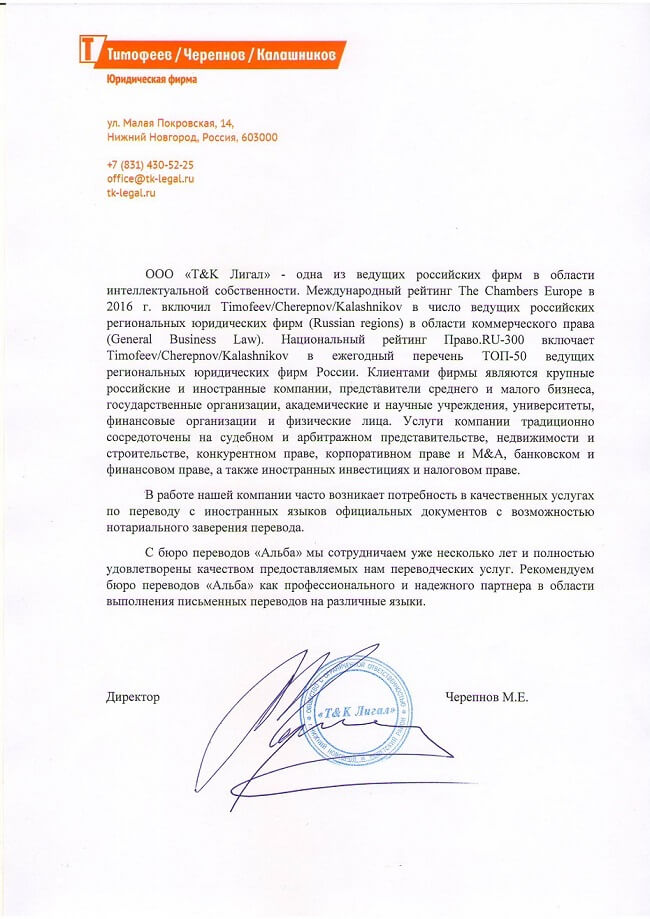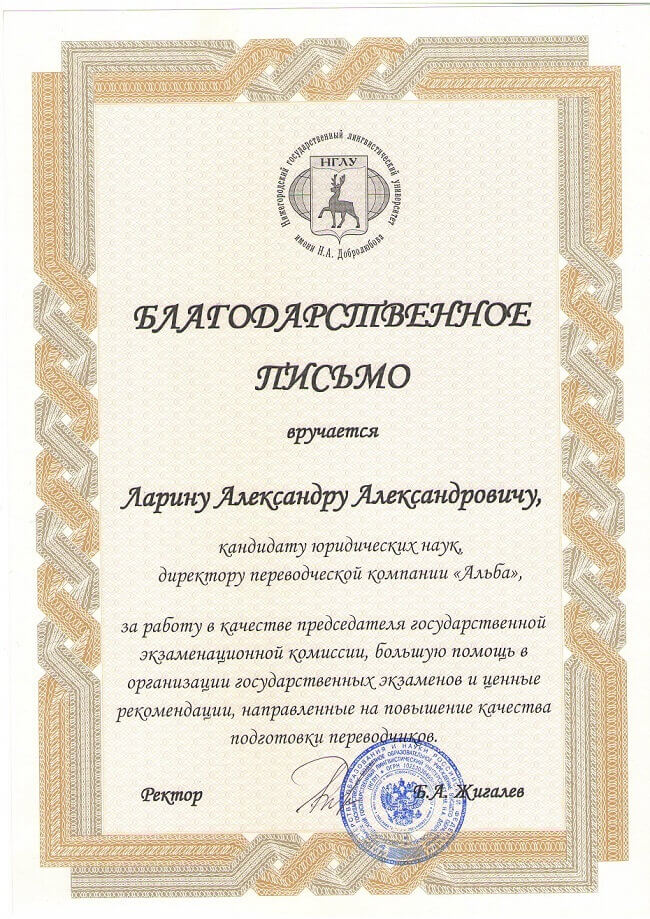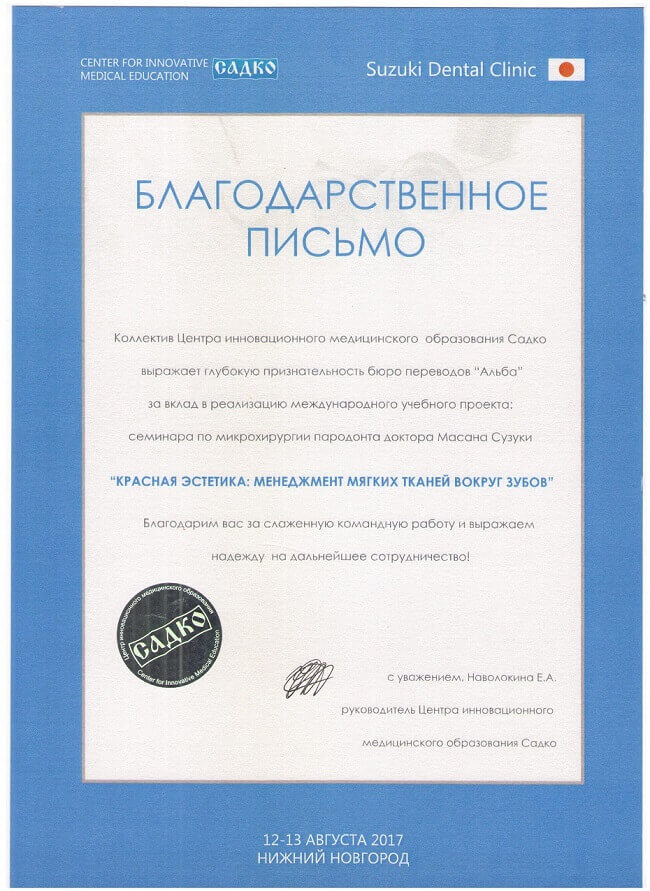Lingvoculturological Aspect of Phraseological Units in Different Languages
Kholmatova Shohista Sobirovna — Lecturer at the Department of General Linguistics, Uzbekistan State University of World Languages, Tashkent, Uzbekistan
The linguistic aspect of phraseological units has attracted the attention of many linguists. A number of scientists have considered this problem in their works. Multi-system axiological phraseological units, and especially Uzbek phraseological units, were not the subject of research by scientists.
Axiological linguistics determines, through the stable units of each nation, its spiritual character and national-cultural world outlook. These values, each separately for centuries, have been fixed in the language of the people and are currently reflected in the national language [2, p. 247].
Value can be interpreted as moral and ethical guidelines for life. And in phraseology, this process is very important, because the value side of phraseological units is studied taking into account precisely these points. There are such universal evaluation categories that every people and every nation value. These value categories like patriotism, homeland, friendship, love, hospitality, kindness, etc. Despite the fact that these moral principles are general in nature, they also have specific features in different languages.
For example, in the category of value Homeland the Russian people are characterized by “open patriotism, verbally expressed love for the homeland” [5, p. 223], which is a feature of the national character. The Russian people, speaking about the Motherland, use emotionally colored vocabulary and phraseology. And very often in Russian vocabulary we meet words such as: mother Russia, Motherland — mother, native birches, fatherland [4, p. 165].
In these examples, you can see the emotionality and expressiveness of the Russian language. In her works, A. Vezhbitskaya, a well-known researcher of vocabulary and phraseology, notes: “In the study of the Russian language in its relationship with the culture of the people, I came to the conclusion about the importance of emotions and their free expression, high emotional intensity, Russian communication, the wealth of linguistic means for transmission of emotions and their shades” [2, p. 395].
If we compare Uzbek culture with Russian, then we will clearly see the general and specific features of value categories. For example, for the Uzbek people, the word patriotism and Motherland is more associated with the word “mother”. In the phraseology of the Uzbek people, one can single out the following aspects related to the concept of “patriotism” and “Motherland”:
«Она Ватан шукуҳи» , «Она тили тимсоли», «Она диер», etc.
The Uzbek people convey the feeling of patriotic state through the historical heroes of the people:
« Амир Темур ўғлонлари » , « Темурийлар авлоди » , « Улуғбек издошлари " , « Навоий тили » , etc.
The Uzbek people are very sensitive to the value concept of "friendship". We see this relationship in the following expressions:
« Тошкент — нон шаҳри », « Тошкент — дўстлик ва тинчлик шаҳри », « Халқлар дўстлиги ».
The Uzbek people and Uzbek culture are very sensitive to the concept of hospitality. In the Uzbek linguoculture, this concept is much more significant than in the rest:
« Меҳмон — ярим худо », « Меҳмон — отамдай улуғ », « Меҳмон келар эшикдан , ризқи келар тешикдан », « Меҳмон келганда болангни койима », « Меҳмоннинг олдига ош қўй , икки қўлини бўш қўй », etc.
The linguoculturological analysis of languages of different systems makes it possible to identify conventional values and anti-values. “The values and anti-values of culture are reflected in the language, in particular, in phraseology and phraseological units they perform a connotative and cultural function, the content of which is the relationship that exists between the figuratively motivated form of linguistic units and the culturally significant association included in it” [4, p. 288].
The connotative-culturological function is more vividly expressed if the axiological phraseological units have not only a positive, but also a negative axiological meaning.
L. K. Bayramova notes that axiologems represent “values and anti-values opposed to each other and united by the presence of an axiological vector (positive and negative) that can change” [1, p. 103–110]. The axiological vector of a phraseological unit can change under the influence of linguistic and extralinguistic factors.
For example, both Russian and Uzbek proverbs have a specific function that reflects different aspects of the social environment. Where opposite views are manifested: values and anti-values. In linguistics, scientists note this characteristic feature of proverbs as “ambivalence” — “the duality of sensory experience, expressed in the fact that one and the same object arouses two opposite feelings in a person at the same time. Ambivalence is rooted in the ambiguity of a person's attitude to the environment in the inconsistency of the value system” [3, p. 507].
Of course, all proverbs have social and national data, and they are also associated with a system of values. Since each value has its opposite side, this fact can be especially traced in proverbs and sayings. Values and anti-values are usually encoded in the consciousness and culture of their people and are reflected in phraseological units, proverbs of different languages, including Russian and Uzbek.
These conventional values and anti-values are found in both Russian and Uzbek phraseological units. They can be classified according to social data. For example:
vital values and anti-values: life — death, health — disease;
spiritual value and its anti-value: happiness — unhappiness;
sacred value and its anti-value: Motherland — foreign land;
material and utilitarian value: wealth — poverty;
religious values: paradise — hell.
All of the above axiologems, which are reflected in phraseological units, have their own specific interpretation. The axiologems that we have already analyzed can have axiological complete concepts. They reflect different kinds of values and anti-values that are encoded in the collective consciousness, culture and language. Each word that has an axiological meaning and expresses a certain morality is a common semantic denominator for proverbs and sayings that mark the same values and anti-values.
In proverbs and sayings, as well as in lexemes, you can see axiologems and morality. In the proverbs and sayings of the Russian and Uzbek people, morality is established according to cultural, national parameters. The value and anti-value of proverbs lies in the specific views of each nation. For example, if you analyze the topic "wealth and money", then you can list a number of axiologems and morality that are opposite in meaning:
“Money has power”, “Friendship is more valuable than money”, “I am nice with money, I am hateful without money”, “Smart and without money is rich”.
So, the linguocultorological characteristics of axiological proverbs, which reflect opposite themes, reveal the inconsistency, duality, eccentricity of conventional values and anti-values. Linguocultures of different-system languages show the specificity of the established ideas about the values and anti-values of each nation. And also, the spiritual life of every nation and person makes its own adjustments to traditional positions.
Bibliography
1. Байрамова Л. К. Родина и смерть в аксиоогической парадигме // Филологичекие науки. 2009. № 3. С. 103–110.
2. Вежбицкая А. Язык. Культура. Познание. М., 1992. 395 с.
3. Петровский А. В. Амбивалентность // БСЭ. М., 1970. Т. 1. С. 507.
4. Телия В. Н. Русская фразеология. Семантический, прагматический и лингвокультурологический аспекты. М., 1996. 288 с.
5. Тер-Минасова С. Язык и межкультурная коммуникация. М.: Наука, 2004. 223 с.














